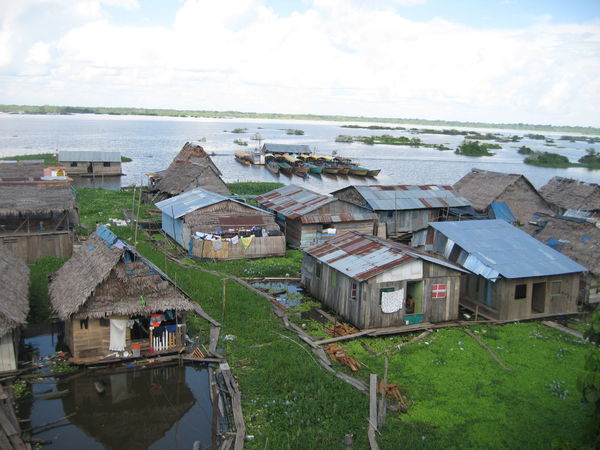
The most recent podcast from the series "With a Side of Knowledge" features Nicole Achee, research professor of biological sciences and Eck Institute for Global Health affiliated faculty at Notre Dame (ND). Achee serves as the Scientific Director for the AEGIS research program. She discusses the worldwide impact of mosquito-borne diseases and her spatial repellent research.
In 2014, a project led by Achee and Neil Lobo, also a biologist at ND, received a grant from the Bill & Melinda Gates Foundation to test the efficacy of spatial repellents. While the idea underlying spatial repellents is an old one, they could represent an exciting new product class for mosquito control in public health, as they operate in a different manner than existing interventions like spraying and bed nets.
Supported by the Gates Foundation and industry partner SC Johnson, Achee and Lobo’s team conducted two large-scale clinical trials evaluating spatial repellents, including one in Peru that is the first to conclusively show a spatial repellent can protect humans against the mosquitoes that transmit dengue and Zika.
Achee and host Ted Fox started their conversation with some basics about mosquitoes and the impact of mosquito-borne diseases worldwide. She explained what spatial repellents are and what they do, the specifics of the clinical trials, and next steps on the path toward earning a World Health Organization recommendation for the use of spatial repellents for mosquito-borne disease control—a goal that is one step closer after the recent results in Peru.
